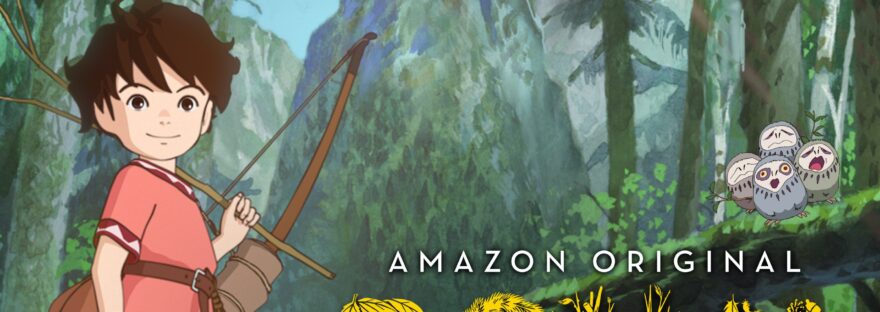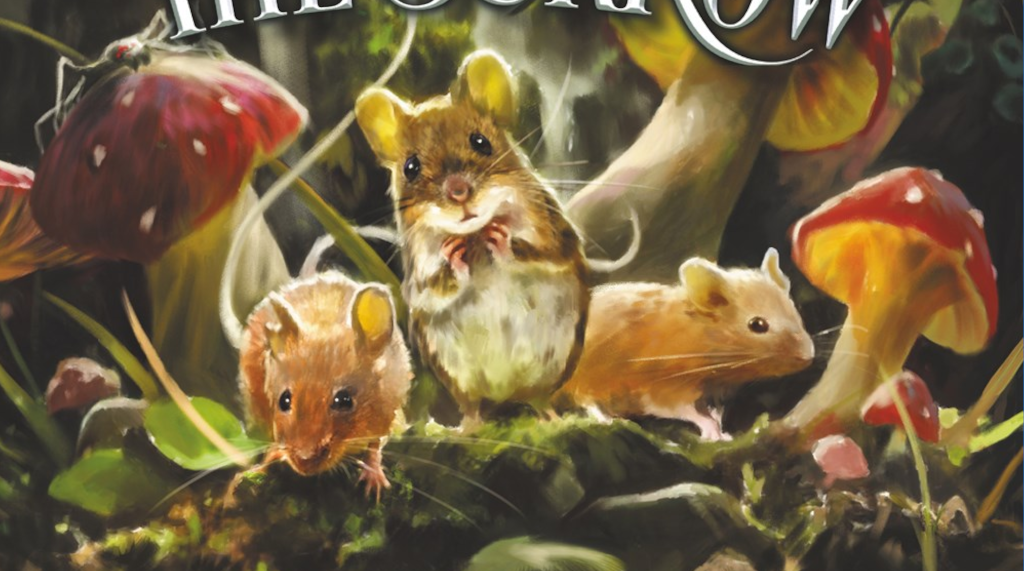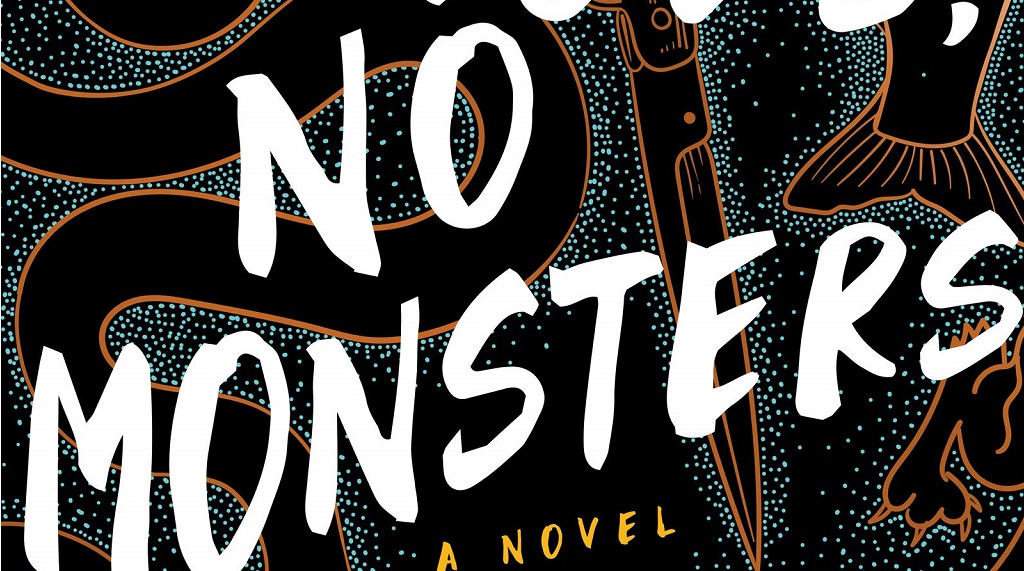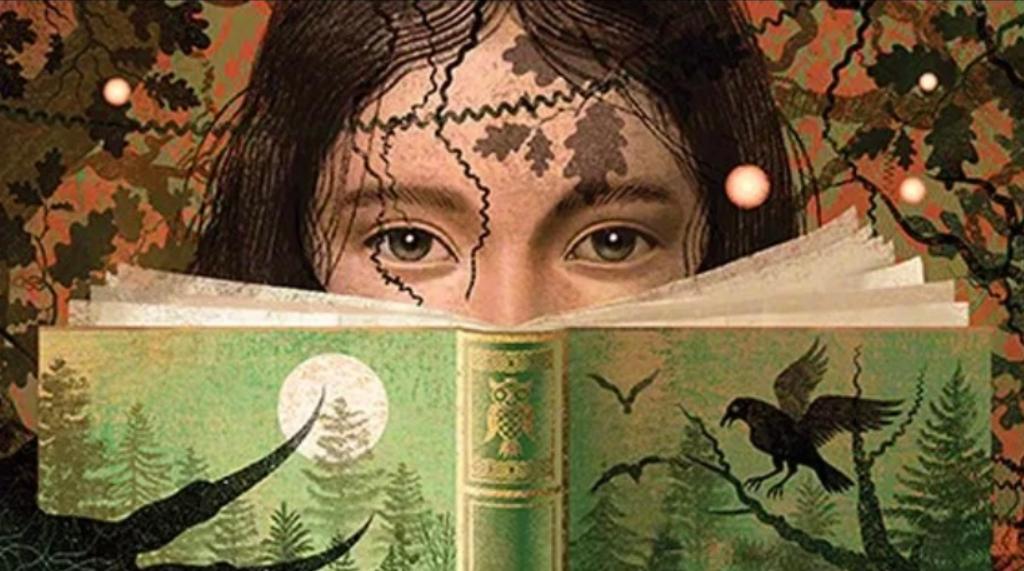I’ve been experimenting with a mindset that is sort of new to me. I mean, sort of. More like applying what I discovered in fictional worlds to real life. It is interesting, gotta say. One thing that Mae and I agreed when we first decided to start writing stories is that there will be no side characters. We were annoyed, growing up, to see how frequently and often carelessly creators killed off characters in their movies and books… and more often than not, en masse. “There are no side characters in real life,” Mae said. And we decided that every single character we introduce to our worlds will be well thought out and fleshed out. Some of them will only get a line or two. Some of them will stand in the background. Some of them will die before the reader gets a chance to really know them, that’s true, but every one of them is the main character of their own story and we want to reflect that, even if only subtly, in our works.
“sonder. v. The realization that each random passerby is living a life as vivid and complex as your own.”
— John Koenig, The Dictionary of Obscure Sorrows
So recently, I’ve decided to be more conscious of the stories that are going on all around me. They’re not my stories to tell or even know, unless I befriend one of these incredible stories and they decide to share the details with me. But the perspective definitely has heightened my ability to appreciate and even love people I meet, people I read about on the news, people everywhere. John Koenig coined a word for this in his Dictionary of Obscure Sorrows, calling it sonder. I like to sonder. Sondering makes everyone individually and amazingly wonderful and beautiful. Sondering rips off the society’s veil that tries to define beauty and obscures a person’s true, unique value. Sondering helps me to be more patient and kind when a patron is rude to me at work. Every person is the main character of their own story. Some of these stories are sad, full of pain and lost opportunities. But, as long as that person is still breathing, there’s always the chance for a plot twist. You never know.
I watched an anime series directed by Hayao Miyazaki’s son, Goro. It had a really slow build, which some critics didn’t much appreciate. But I loved it. I loved the characters. The father, Mattis, was a particularly interesting character. The man wore his emotions on his sleeve. Everything he felt, he felt strongly. Sometimes that made him dangerous and irrational. Sometimes it made him incredibly endearing. There was one scene when it flashed back to Mattis’ birth, and showed his grandfather, Noddle Pete, cuddling him in his arms. So many hopes and dreams for him.
“Wolf, wolf, don’t come near
You’ll never take my child.”
— Ronja, The Robber’s Daughter anime
Babies are fresh and exciting because they are the first few pages of a story that has never been told before. Every human being is a story that has never been told before, and never will again after they’re gone, at least not in this life. Sometimes, as humans, we grow tired of a story, frustrated by a story, even hate a story. But we’ve not seen the end of the story, so how can we truly decide its worth? There are stories we love. There are stories that change our stories… those are the ones we call side characters.
I believe every story, even the sad and angry and hurtful ones, is more precious than gold.
I’ve been trying to apply this perspective on a more personal scale, too. There are stories in my life that I really struggle to get along with, and that makes me sad, because, me aside, they really are wonderful stories. Why should they have to get along with me to be wonderful? I need to love them anyway. I do love them anyway. But I should treat them better, so that they feel loved.
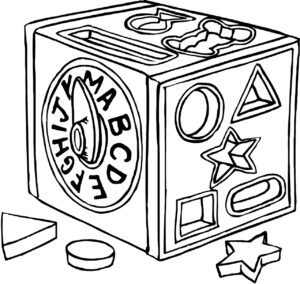
Remember playing with one of these as a kid? I do. I remember the first time I tried to squeeze a triangle into a circle shaped hole and struggled to comprehend why it wouldn’t go through. It seems so simple to me now. I think my mind is going through another growth period. People aren’t little wooden shapes. There is no perfectly shaped hole for them to fit through. Every one is different, regardless of what “label” we have all decided to put ourselves and each other under. Just because two people are Democrats doesn’t mean they’ll agree on everything. Most things. But not everything. So we come up with more specific labels like “Far right” or “far left” or “radical right”. I think such labels, or “holes” are useful only up to a point. On the one hand, they give us some comfort, some easy way to have an idea of what to expect and how to behave around that kind of person. But, in a way, they also deny us the opportunity to get to know that person. Because people are not little wooden shapes. Too many labels, too much categorizing, and we start losing the ability to see that person for who he or she is. Isn’t that unfortunate? It’s so much easier to slap on the label of “feminist”, “atheist”, “Muslim”, “homophobe”, “homeless”, “White”, or “Mexican” and assume we know all about that “type”. That’s the “type” we avoid. That’s the “type” we hate. What we fail to see when we do this though, is that individual isn’t a “type”. They’re a person. And they don’t have to be like us, likeable to us, or even like us, in order to be valuable. Maybe their story is better off without us in it. Maybe it isn’t. Either way, when our stories touch someone else’s, we do change the course of it, sometimes a little, sometimes a lot. We become one of their side characters. I want to be a good one.
Back in September, we had Banned Books Week. It really got me thinking. A lot of books have been banned for genuinely silly reasons, like Winnie the Pooh because people started using the character as a meme insulting their leader. Others have been banned for possibly more legitimate reasons, like Mein Kampf, for containing honestly horrible ideas that cost the lives of millions and the sense of self and safety for millions more. But the point of Banned Books Week is to celebrate freedom and expression, to draw attention to oppression. Books are paper and ink, or letters on a screen. They are the ideas of the people who wrote them, shared with those who read them. People are behind books. The idea of burning one of a kind copies of a book or a work of art, regardless of the subject matter, is absolutely abhorrent to some. So why should we treat our fellow man with any less regard and respect, regardless of his or her subject matter or respect for us?
When I was a kid, I used to hate talking about my religion or my political beliefs. I was terrified someone would tell me something that would forcibly change my opinion from what I believed to be right, to what I believed to be wrong. Aside from having gained confidence in my beliefs by my experiences, I’ve also seen that people can hold fast to a belief, even when every evidence has been presented to them to prove otherwise… because changing a belief means changing one’s lifestyle. And that’s hard. And unless there’s is a definitive reward as a result of that change, it’s not one many people are willing to make. Sometimes not even then. I’ve also learned since my childhood, no one has the power to change my mind but me. It was that fear that prevented me from understanding, respecting, and valuing others who are very different from me, because I was too busy defending myself from a perceived threat to my way of life to recognize the beauty of theirs.
I’m not afraid anymore.

